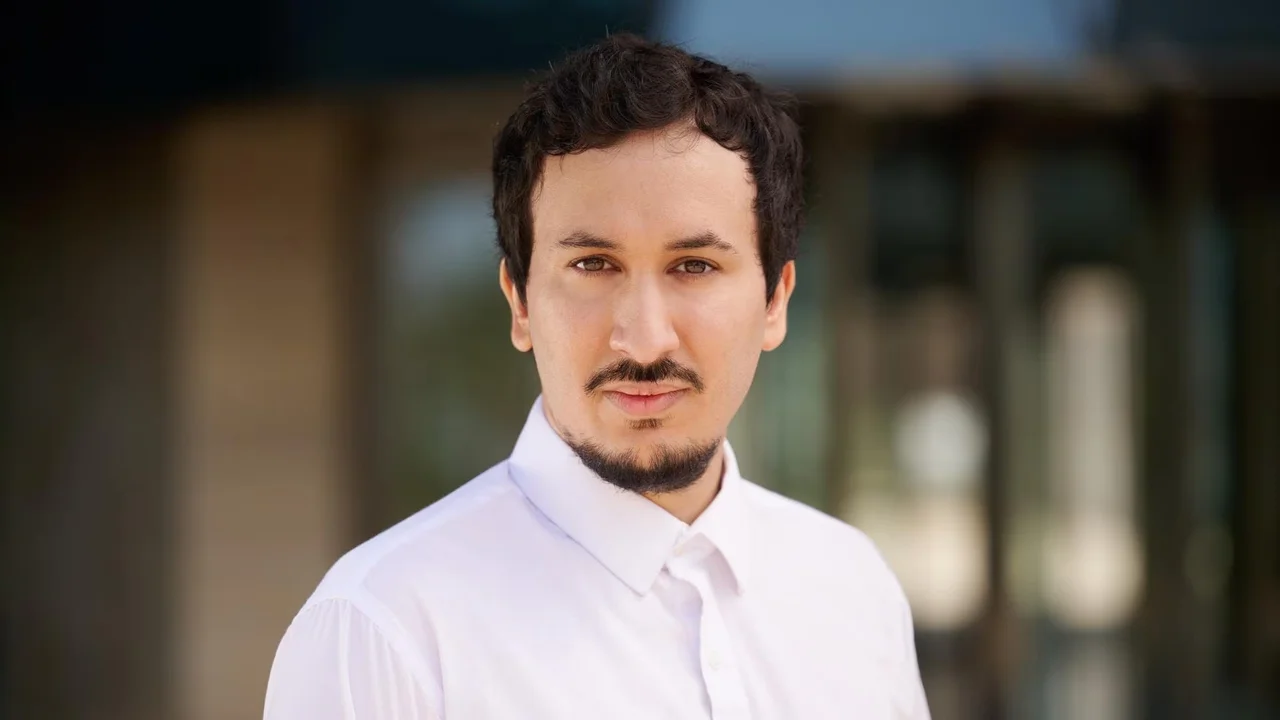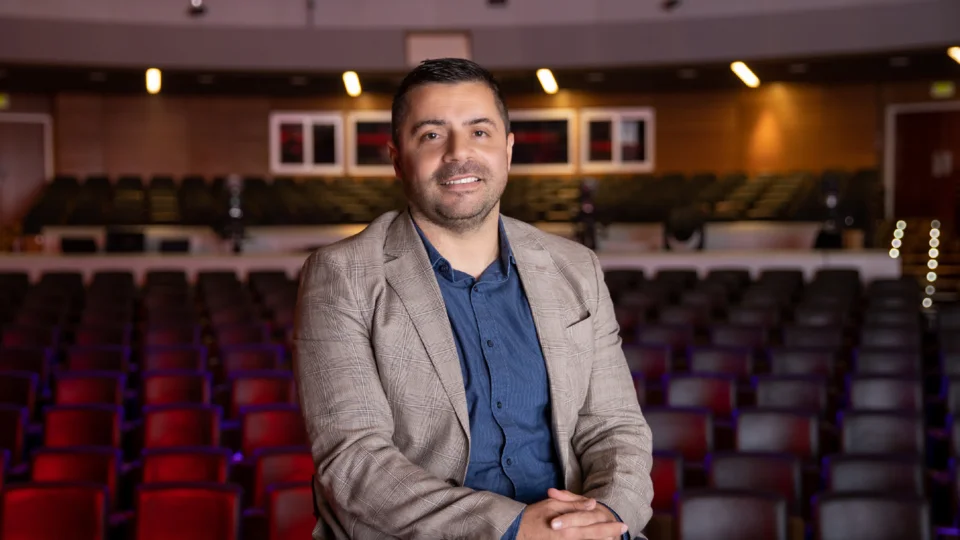
Renzo Caballero succesfully defended his MS Thesis
Uruguay is a pioneer in the use of renewable sources of energy and can usually satisfy its total demand from renewable sources. Control and optimization of the system are complicated by half of the installed power - wind and solar sources - being non-controllable with high uncertainty and variability. In this work, we present a novel optimization technique for efficient use of the production facilities.
About
On June 21, 2019, Renzo Caballero successfully defended his MS thesis entitled "Stochastic Optimal Control of Renewable Energy."
Committee chairperson: Prof. Raúl Tempone, AMCS, KAUST.
Committee members:
Prof. Matteo Parsani, KAUST.
Prof. Bernard Ghanem, KAUST.
Abstract:
Uruguay is a pioneer in the use of renewable sources of energy and can usually satisfy its total demand from renewable sources. Control and optimization of the system are complicated by half of the installed power - wind and solar sources - being non-controllable with high uncertainty and variability. In this work, we present a novel optimization technique for efficient use of the production facilities. The dynamical system is stochastic, and we deal with its non-Markovian dynamics through a Lagrangian relaxation. Continuous-time optimal control and value function are found from the solution to a sequence of Hamilton-Jacobi-Bellman partial differential equations associated with the system. We introduce a monotone scheme to avoid spurious oscillations in the numerical solution and apply the technique to a number of examples taken from the Uruguayan grid. We use parallelization and change of variables to reduce the computational times. Finally, we study the usefulness of extra system storage capacity offered by batteries.



